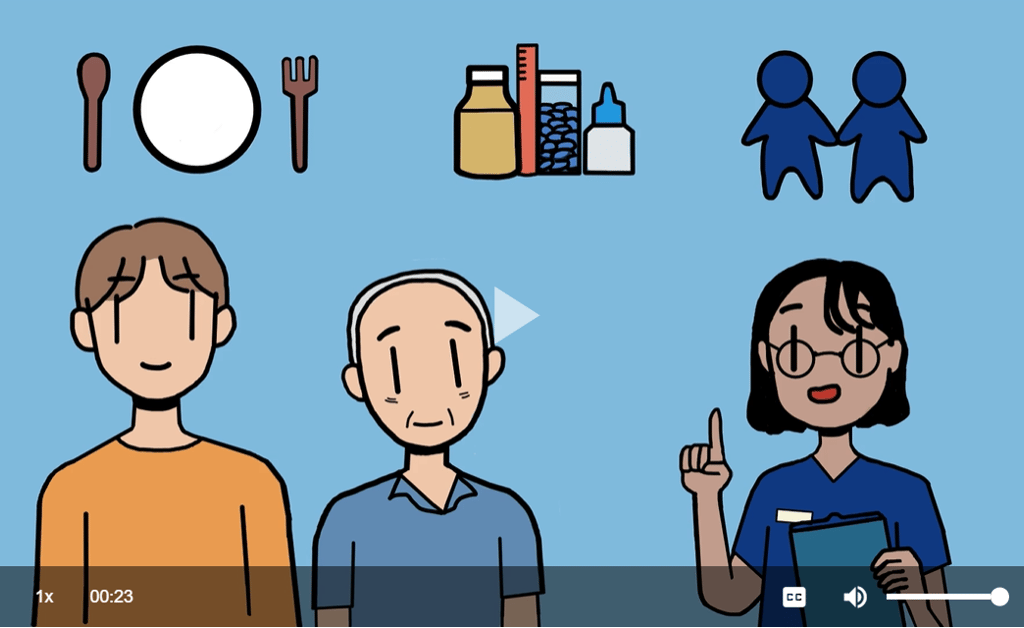An individualised care plan should be provided on discharge.
We recommend continuing to use the prevention and management strategy in their website because signs and symptoms of delirium can persist after discharge.
A history of delirium can be a risk factor for another episode of delirium and early recognition of symptoms is important – please discuss any concerns with your loved one’s GP.
Delirium is a risk factor for future cognitive decline, so if you are concerned about your loved one’s ongoing confusion, it is important to discuss your concerns with their GP who may consider a referral to a Geriatrician for further review.
If you need more help and support at home, you can do this by telephoning "My Aged Care", they can advise you how to access government funded aged care services on the internet
https://www.myagedcare.gov.au/ or you can ring 1800 200 422 (Freecall).
Clearer Days Delirium Support
Acknowledgement of Country
Clearer Days Delirium Support acknowledges the Traditional Custodians of the lands around Australia and pay our respects to Elders past and present.
© 2025. All rights reserved.














